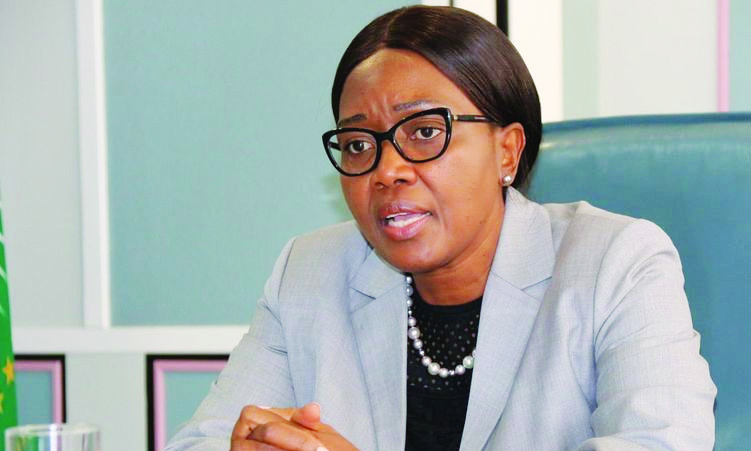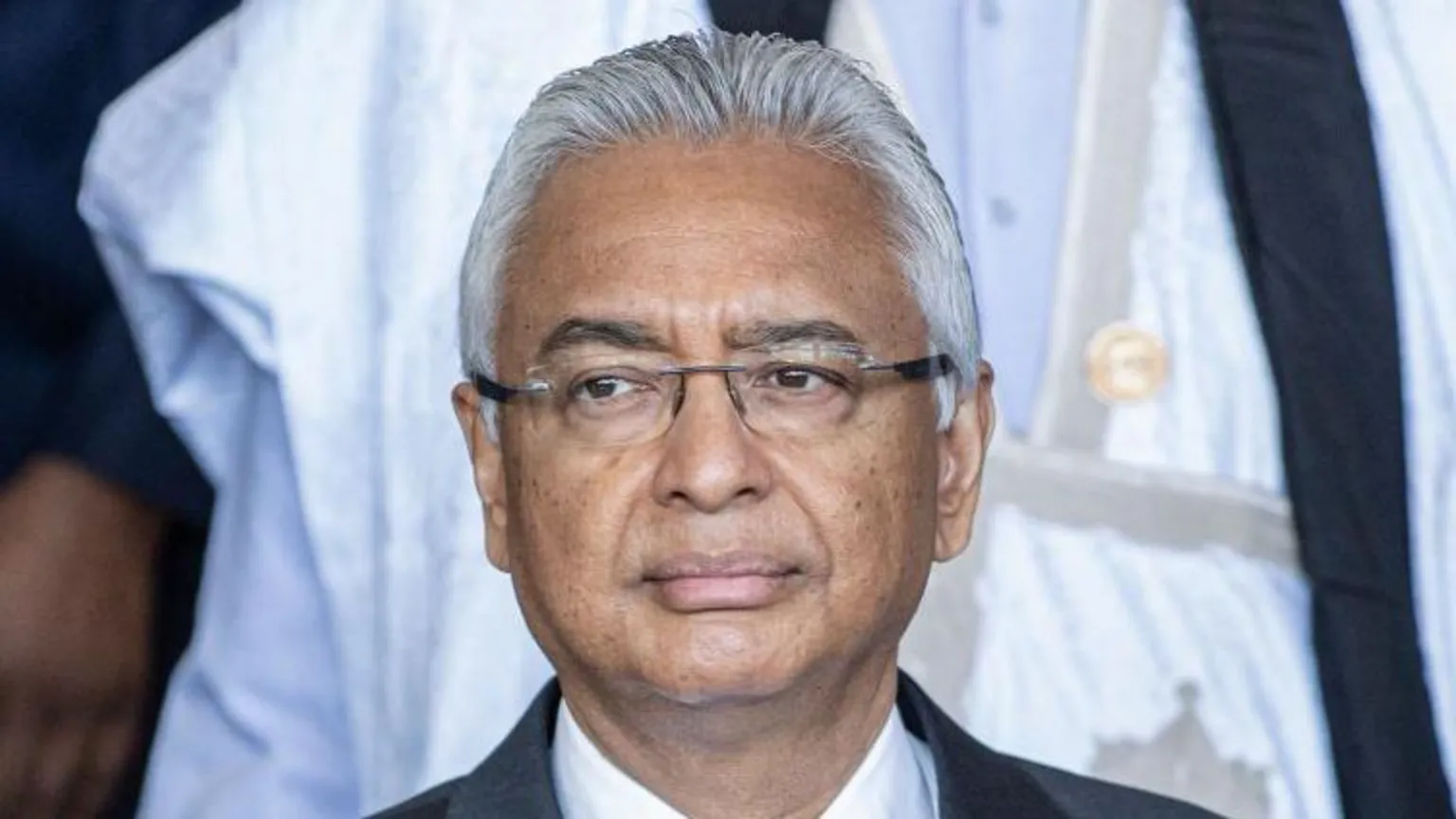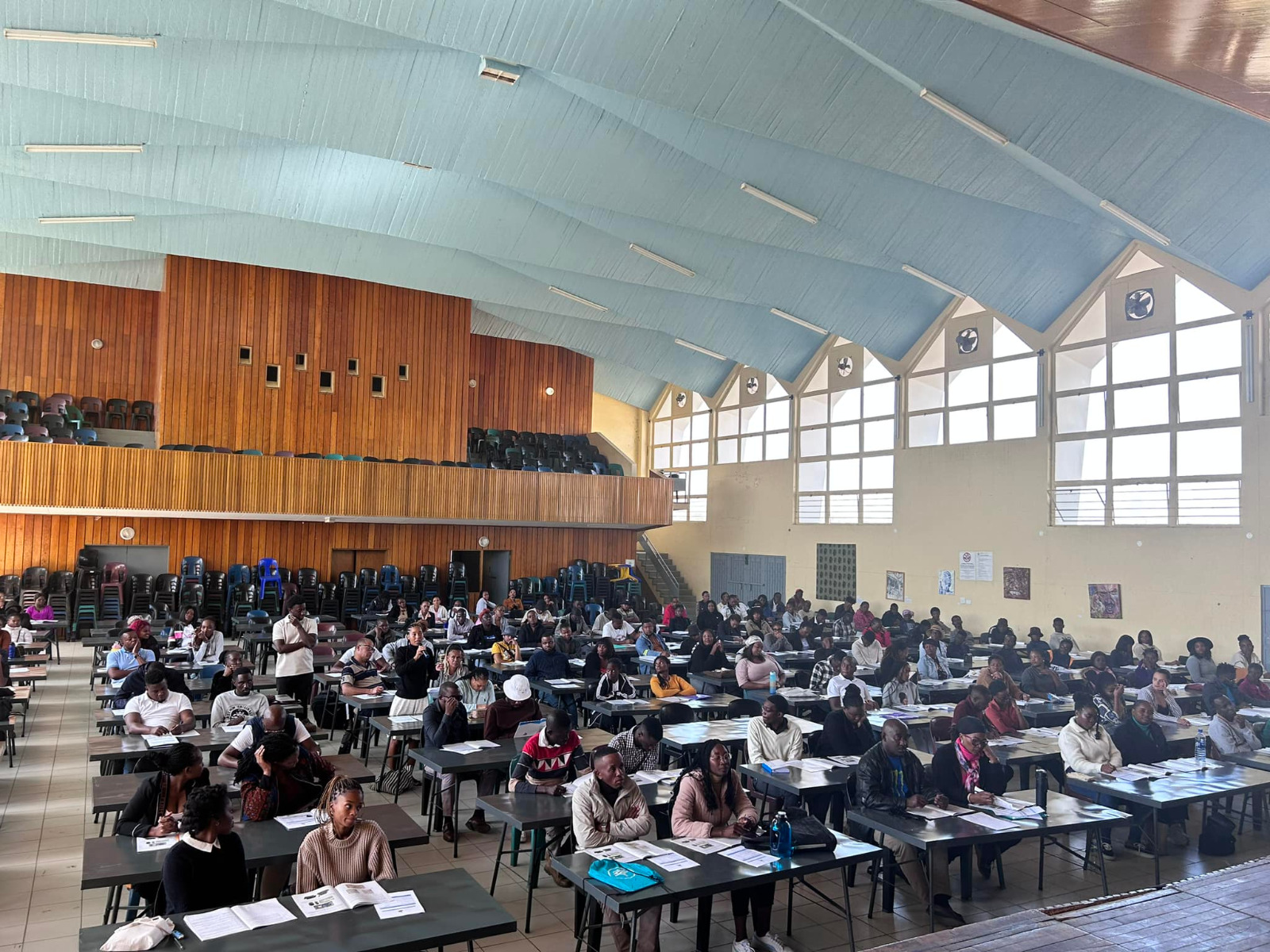Prime minister Saara Kuugongelwa-Amadhila says it is important that drought-relief food reaches the intended recipients and that food fights and theft stop.
She said this at the handover of a food donation from Japan to Namibia in Windhoek on Wednesday.
Food should be given to those who are genuinely in need.
This comes after cases of food theft and conflict around food distribution have been reported.
The government has launched a drought-relief aid programme to mitigate the effects of the country’s worst in 100 years on citizens.
The government of Japan has donated N$8 778 100 to Namibia through the United Nations World Food Programme (WFP) to roll out a food assistance programme to vulnerable communities.
“I reiterate that this food assistance under drought programmes is not universal, but targeted to those identified to be most vulnerable. Hence, reports of thefts and of fights and commotions over food distribution must end,” Kuugongelwa-Amadhila said.
A video clip of women from the Ohangwena region fighting over drought-relief maize meal recently circulated on social media.
Japan’s intervention complements the government’s drought food assistance, the prime minister said.
“Working with the implementing partner, the government will ensure that the support is channelled to those most in need,” she said.
Kuugongelwa-Amadhila urged the public to support the government’s efforts to identify the vulnerable for assistance.
“Urban communities will also be assisted as efforts are ongoing to roll out assistance to the urban poor through a conditional basic income grant,” she said.
Kuugongelwa-Amadhila said the grant will be implemented by the Ministry of Gender Equality, Poverty Eradication and Social Welfare from October.
The programme is funded from the Disaster Relief Fund until March 2025, when funding will be provided through the ministry’s vote.
The Office of the Prime Minister has also confirmed that the government of India has pledged 1 000 tonnes of rice.
Indian media outlats have reported that the rice has already left India to Namibia.
The cost of a comprehensive drought-relief programme is currently estimated at N$1,3 billion.
The government has made about N$596,5 million available, leaving a funding gap of about N$727,4 million.
An appeal has been launched to the international community for assistance.
President Nangolo Mbumba declared a state of emergency with a national disaster (drought) on 22 May to urgently address the effects of drought.
The Office of the Prime Minister in June reported that 1,4 million Namibians will be food insecure between July and September.
Landless People’s Movement’s human rights lead Joyce Muzengua says Namibia is dealing with a hunger crisis because the government has been negligent in empowering the agricultural sector.
“The mass irrigation of plantations in regions such as Zambezi, Kavango, and areas around the Neckartal and Nauta dams could address unemployment and hunger in Namibia,” she says.
Muzengua says expanding agriculture would create jobs, boost economic independence and help combat rising food prices, offering relief to the middle class.
“The donations we are going to receive are not sustainable and therefore the government itself needs to sit down and seek sustainable measures,” she says.
Nafimane Hamukoshi from the Economic and Social Justice Trust yesterday said the prime minister’s appeal to eliminate food theft and conflicts emphasises deeper systemic problems.
“While government assistance and voucher programmes are positive steps, they may not tackle the fundamental causes of food insecurity,” she said.
Hamukoshi said donations only serve as short-term fixes for Namibia’s food security challenges.
Stay informed with The Namibian – your source for credible journalism. Get in-depth reporting and opinions for
only N$85 a month. Invest in journalism, invest in democracy –
Subscribe Now!






